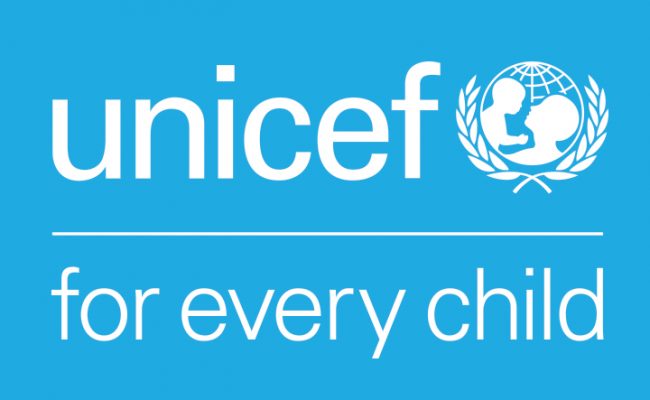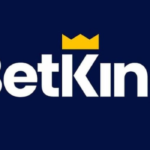
This is in a statement signed by UNICEF’s Communication Officer, Communications, Advocacy and Partnerships, Mr Anike Alli-Hakeem on Thursday.
The organisation commemorated the Day of the African Child, marked annually on June 16, with the 2023 theme, “The rights of the child in the digital environment”.
UNICEF, therefore, urged stakeholders including the government to exploit the opportunities offered by digitalisation for the learning and development of Nigerian children.
It said: “The education sector in Nigeria faces many challenges; one of these challenges is access to quality learning.
“This is inhibited by low domestic spending on education resulting in limited school infrastructure and qualified teachers, high levels of poverty and social norms not supportive of education especially for girls.
“To bridge the access to quality learning opportunities, UNICEF and the Federal Ministry of Education launched the Nigeria Learning Passport last year.
“NLP is an online, mobile, and offline digital learning platform powered by Microsoft that enables continuous access to 15,000 curriculum-aligned learning and training materials in local languages for learners, teachers, and parents.”
The organisation noted that since its inception, the NLP had provided access to quality teaching and learning resources to 280,000 learners, teachers, parents and young people.
UNICEF’s Representative in Nigeria, Ms Cristian Munduate, in the statement, urged stakeholders in the education sector to adopt and take the NLP to scale to reduce the number of children not receiving any education in Nigeria.
“It will also improve foundational literacy and numeracy.
“Digital technology provides us with a platform to innovate and seeks ways for inclusive quality education for all children,” she said.
NAN








